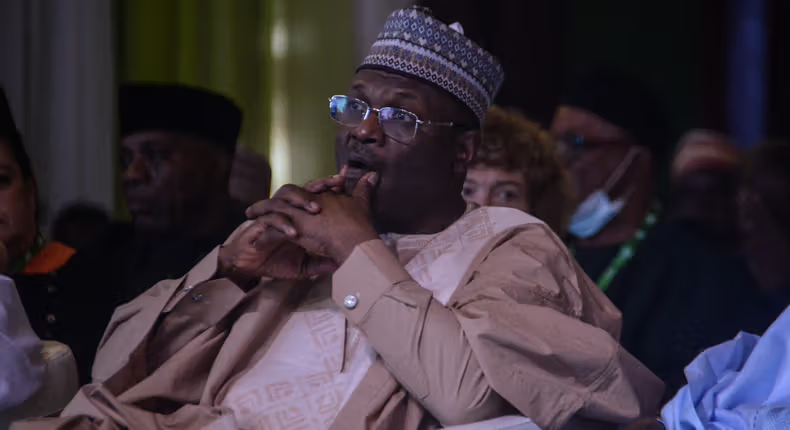The recent Edo State governorship election has drawn significant criticism from civil society organizations (CSOs), politicians, and stakeholders regarding the credibility of the electoral process. The Independent National Electoral Commission (INEC) is at the center of this backlash, with allegations of misconduct and procedural lapses.
INEC’s Process Under Scrutiny
Civil society groups, including YIAGA Africa, have raised serious concerns about INEC’s handling of the collation process. Samson Itodo, Executive Director of YIAGA Africa, noted that while INEC followed its guidelines during voting, issues arose during result collation. He stated, “There is a regression in the quality of our results management process,” and expressed concern over the resurgence of manipulation tactics.
Reports indicated that INEC officials and observers faced intimidation during collation, with results sometimes compiled in unauthorized locations, undermining the process’s credibility. Itodo emphasized the need for INEC to rectify these issues to restore integrity in future elections.
Politicians React
Otunba Segun Sowunmi, a former governorship aspirant from the People’s Democratic Party (PDP), criticized the election, calling it a referendum on both the ruling party’s performance and the opposition’s effectiveness. He lamented internal divisions within the PDP that may have contributed to their loss, urging unity ahead of future elections.
Patience Key, the gubernatorial candidate for the Peoples Redemption Party (PRP), also questioned the election results, citing reports of vote-buying, with voters allegedly selling their votes for as little as ₦10,000. Key condemned the electoral culture and called for voters to make more informed decisions.
Demand for Accountability
Jake Epelle, CEO of TAF Africa, highlighted logistical issues faced during the election, criticizing INEC’s reliance on ineffective transportation unions. He noted that only about 45% of the electoral process was executed satisfactorily, with high levels of electoral misconduct observed among major parties.
The Road Ahead
The fallout from the Edo election reflects broader dissatisfaction with Nigeria’s electoral system. Despite promises of reform, persistent issues such as vote-buying, result manipulation, and logistical inefficiencies continue to undermine democracy. As the country approaches the 2027 elections, there is growing pressure on INEC to address these flaws and ensure a transparent and accountable electoral process that truly reflects the will of the people.

